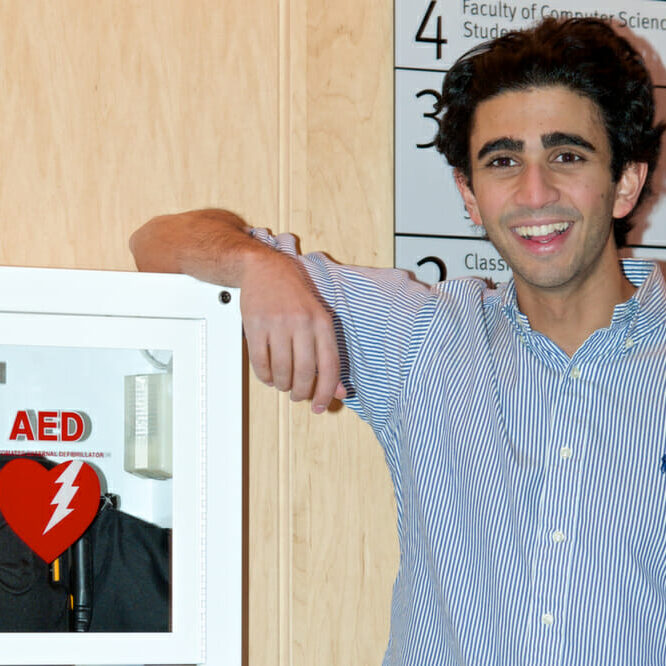
After a 64.5 per cent win in the recent Dalhousie Student Union (DSU) referendum, the Medical Response Team will be receiving a levy of $1 per full-time student.
With the help of this levy, volunteers on the medical response team will be trained by St. John’s Ambulance, certifying them as Advanced Medical First Responders.
The Medical Response Team will receive advanced first aid training and be able to attend events at subsidized cost. They will attend major events such as games and concerts, and be present throughout Dal residences.
Anthony Saikali, who is leading the project, emphasizes the crucial importance of the team.
“Between eight and 10 medical calls are made from students in residence to Dalhousie Security each weekend. About six of these calls end up with people in hospital,” says Saikali.
The stationing of certified first responders at campus events would help to provide immediate first aid, hopefully reducing this number
The new Medical Response Team will not be replacing the first aid provided by Dal Security, but will instead be working together with the team.
Jacob MacIsaac, community security coordinator for Dal Security, has been working with the Dalhousie Campus Medical Response Team to discuss how the two groups will interact.
“Dal Security does active responses. We will go to an event if someone needs help. The Medical Response Team will actually be stationed at events, ready right away if something happens,” says MacIsaac. “You really can’t have too many first responders on campus.”
The volunteers will be certified in a wide range of medical practices, and will be able to perform CPR, administer oxygen and immobilize fractures, as well as many other key aspects of first aid.
The biggest problem the Medical Response Team will be encountering however is alcohol abuse.
“Health risks from drinking are so widespread: alcohol poisoning, people falling, hitting their heads very hard or even breaking bones,” says Saikali.
Another significant issue relating to alcohol abuse is the fear students have of being punished or receiving a fine for underage drinking.
“People don’t want to get into trouble, so they often won’t call for help when it’s really necessary. I’m sure many of us would agree that no one should have to evade health care for any reason when safety is at risk.”
The new Medical Response Team will not have anything to do with punishment, and will instead focus on the purely health-related issues at hand.
“The addition of the Medical Response Team will hopefully help students out with the social aspect of things, and let them know that it’s OK to seek help for their friends,” says Saikali.
In addition to their other responsibilities, the team will also have Mental Health First Aid Certification.
This training will allow them to recognize the signs and symptoms of mental health related issues and provide whatever initial support is necessary before assisting a person to seek professional help.
“This team is about students being there for other students,” says Saikali. We’re giving them a place to reach out to when they need help, or if they just need to talk about something that’s going wrong. We’re here to help them with that.”






